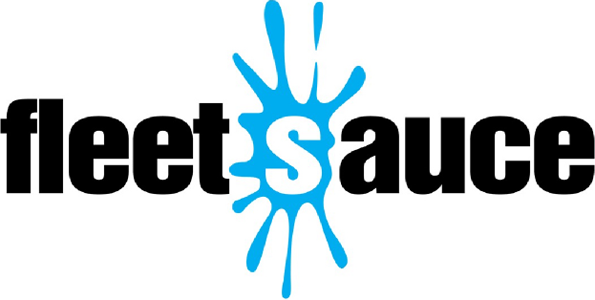Currently, numerous major corporations and businesses have made bold commitments and pledges to achieve Net Zero, some even setting targets before 2050. This has prompted them to engage their value chains in supporting their efforts to achieve these net-zero commitments. The reason for this is that companies are now more aware than ever that their carbon footprint extends beyond just their buildings or vehicles. They understand that their value chain or supply chain plays a significant role in determining their overall carbon emissions.
Value chain emissions or supply chain emissions for many service sectors are likely to be most intensive in their indirect or ‘embodied carbon’ within the goods and services purchased. Looking at your indirect carbon footprint is key now for any business to be competitive and stand out in the market.
If your business is aiming to secure public sector tenders, having a credible net zero plan is essential for gaining a competitive advantage and ultimately winning new contracts. Right now, in the UK public sector suppliers are required to start disclosing their carbon footprint through a carbon management plan that will show their emissions across each cope and what their plans are for reducing their carbon footprint which is confirmed with the PPN.
Public procurement plays a significant role in driving demand for goods and services, thereby influencing resource consumption and greenhouse gas emissions. Many organisations now prefer suppliers with lower carbon footprints, prioritising businesses that promote sustainable production and consumption practices. Therefore, if you're looking to bid for public contracts, having a lower carbon footprint can enhance your chances of success while contributing to environmental conservation efforts.
Suppliers are incentivised to develop innovative low-carbon alternatives with more businesses incorporating carbon footprint requirements into their bidding processes. This may involve implementing electric or hybrid vehicles as alternatives to traditional diesel and petrol vehicles, significantly reducing emissions.
It's important to recognise that reducing carbon emissions benefits the environment and can lead to overall cost savings. Energy-efficient products and services typically result in lower operational costs throughout their lifecycle, making them financially attractive investments.
By embracing low-carbon alternatives and prioritising sustainability in procurement practices, businesses can not only meet the demands of public tenders but also contribute to a greener and more sustainable future.
As discussed in this article to participate in public sector tendering or supply to companies serving the public sector, it is required to have a carbon policy in place. This is where things such as fleet management software can help as it offers solutions not only to reduce your organisation's carbon footprint but also to identify and address emissions from high-polluting vehicles within your fleet, so you can work actively to reduce your carbon footprint.
By leveraging use the software's data analytics capabilities, you can pinpoint the highest vehicle polluters and calculate your fleet's overall emissions. Armed with this valuable insight, you can develop a carbon reduction plan to include in your tender submissions, enhancing your competitiveness and demonstrating your commitment to sustainability.
For instance, consider a scenario where a large construction company secures a contract to build new council buildings and plans to subcontract part of the project. In such cases, both the construction company and its subcontractors must present their carbon emission plans, underscoring the importance of assessing each subcontractor's carbon footprint and sustainability initiatives.
Whether your organisation is a large corporation or a small business, having a solid carbon reduction policy is essential for collaborating with public sector entities. Additionally, fleet management software not only aids in mitigating emissions from your fleet but also addresses indirect emissions stemming from employee commuting. Through initiatives like the EV Electra salary sacrifice scheme, which makes it feasible for employees to opt for electric vehicles, thereby reducing the company's overall carbon footprint.
If any of these factors are relevant to your business, keep in mind the potential benefits of Fleethub, our fleet management software, and Electra, our electric vehicle salary sacrifice scheme. These tools can offer advantages to both large corporations bidding for direct public sector tenders and smaller companies subcontracted by these entities and help with your path to the decarbonisation of your business. By prioritising sustainability and leveraging innovative solutions, organisations can align with the evolving environmental expectations of the public sector.
Get in touch with one of our experts to learn how we can assist you on your journey to reducing emissions. Call us at 0800 032 1433 or email us at info@fleetsauce.co.uk.






 Expert Advice
Expert Advice  Competitive Prices
Competitive Prices  Road Tax & Roadside Assistance
Road Tax & Roadside Assistance  Free National Delivery
Free National Delivery  Full Manufacturer’s Warranty
Full Manufacturer’s Warranty

